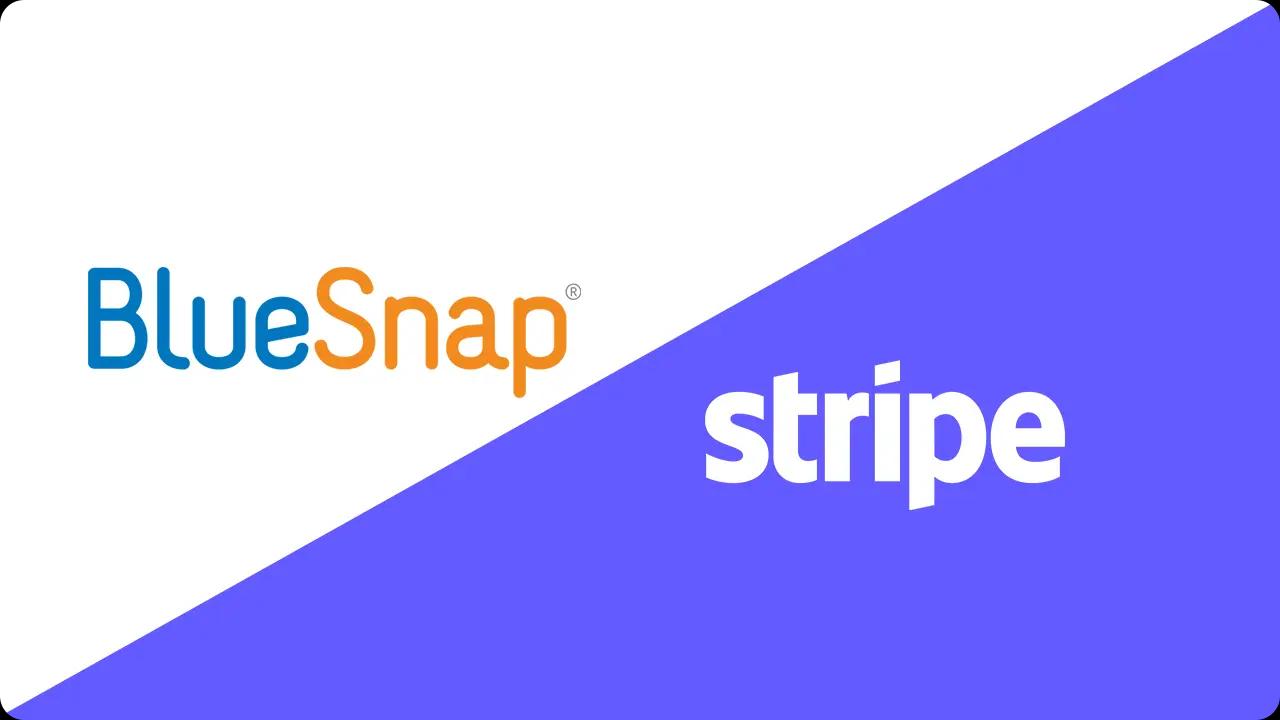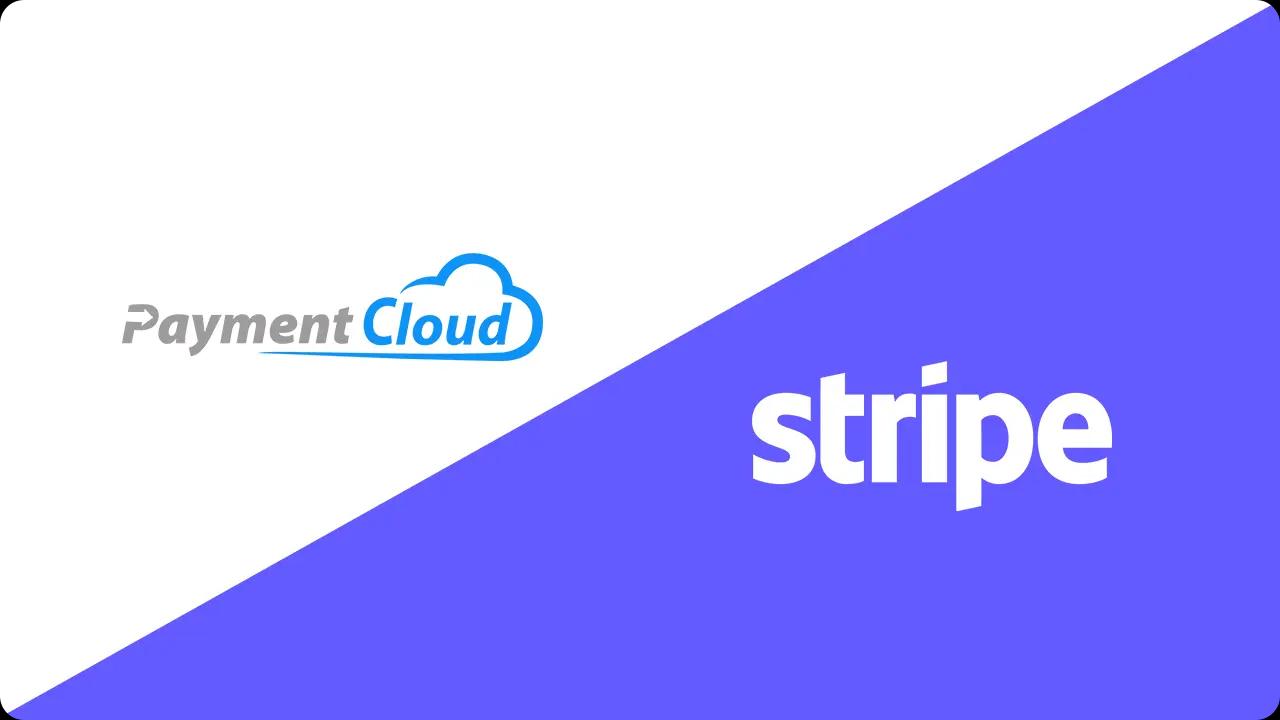
Adyen for Platforms vs. Payoneer: A Comprehensive Comparison
Choosing the Right Payment Processing Strategy for Your Business
When selecting a payment processing solution, the choice between Adyen for Platforms and Payoneer represents fundamentally different approaches to solving payment challenges. Adyen for Platforms provides embedded payment infrastructure specifically designed for marketplaces and platforms that need to process payments on behalf of sellers or service providers, while Payoneer focuses on empowering small and medium-sized businesses with cross-border payment capabilities and global marketplace integrations. This decision impacts not just transaction processing, but your entire business model and growth trajectory. Adyen processed over $1.08 trillion in payment volume in 2025, serving enterprise-level platforms and marketplaces globally, while Payoneer processed $80 billion in 2024, focusing on millions of SMBs in emerging markets and connecting them to the global economy.
Key Takeaways
- Target Market: Adyen for Platforms serves platform and marketplace businesses that process payments on behalf of users, while Payoneer targets individual SMBs, freelancers, and entrepreneurs conducting cross-border business
- Business Model: Adyen for Platforms offers embedded payment infrastructure for platforms to build their own payment solutions, while Payoneer provides direct-to-business services for receiving and sending global payments
- Pricing Structure: Adyen uses Interchange++ pricing with transparency but complexity, while Payoneer employs varied fee structures based on transaction type and recipient location
- Geographic Focus: Adyen for Platforms primarily serves European and North American markets with limited country support for onboarding users, while Payoneer operates in 190+ countries with strong presence in emerging markets
- Market Position: Adyen processed €1.29 trillion in 2024 as a leading enterprise payment processor, while Payoneer generated $977.7 million in revenue in 2024 serving the SMB segment
Payment Solution Type Overview
Modern payment processors can be categorized into two distinct approaches based on their business models and target customers.
Platform Payment Solutions provide embedded payment infrastructure that enables marketplace and platform businesses to process payments on behalf of their users. These solutions handle onboarding, verification, payment processing, split payments, and payouts to multiple parties. They prioritize flexibility, customization, and comprehensive financial services for platform business models.
Cross-Border Payment Solutions focus on enabling businesses to send and receive international payments efficiently. These platforms emphasize connecting businesses to global marketplaces, providing multi-currency accounts, facilitating international transfers, and offering financial tools for businesses operating across borders.
Adyen for Platforms Overview
Adyen for Platforms is an end-to-end embedded payment solution for peer-to-peer marketplaces, on-demand services, crowdfunding platforms, and any platform business model that needs to process payments on behalf of users.
What Is Adyen for Platforms?
Adyen for Platforms enables platforms and marketplaces to embed payments directly into their products, allowing their users to sign up, sell, and get paid all in one place. The solution provides comprehensive payment processing capabilities including user onboarding and verification, payment acceptance on behalf of users, split payment functionality, fund transfers, and automated or on-demand payouts. Adyen for Platforms transforms payments from a business function into a revenue stream by allowing platforms to control payment fees and customize the entire payment experience.
How Does Adyen for Platforms Work?
Adyen for Platforms operates on a white-label model where platforms maintain complete control over their users’ payment experience. The platform handles the entire payment flow: onboarding users as balance account holders with verification, processing payments on behalf of those users, splitting funds automatically between parties (sellers, platform commission, fees), managing fund transfers between accounts, and controlling payout timing and methods. All while Adyen handles regulatory compliance, fraud prevention, and settlement in the background.
The platform’s strength lies in giving businesses full control over payment workflows while Adyen manages the complex backend infrastructure, regulatory requirements, and payment processing technology.
Adyen for Platforms Features and Pricing
Adyen for Platforms Features
- End-to-end payment processing for platform business models
- User onboarding with flexible verification options
- Split payment functionality at authorization or capture
- Balance accounts for managing funds across the platform
- Automated and on-demand payout capabilities
- Multi-currency support across 187 currencies
- Comprehensive API and integration capabilities
- White-label payments with customizable branding
- Advanced fraud prevention and risk management tools
- Real-time reporting and reconciliation
- Embedded financial products (card issuing, business accounts)
- Support for online, in-person, and mobile payments
- Level II B2B transaction optimization
Adyen for Platforms Pricing
- Interchange++ pricing model with transparent fee structure
- Processing fee of €0.10-€0.15 per transaction
- Payment method fees vary by region and method
- No monthly fees, setup fees, or integration fees
- Minimum invoice requirements depending on business model
- Transaction fees can be passed through to users if desired
- Custom pricing available for enterprise clients
Adyen for Platforms Transaction Fees
- Interchange++ model passes actual interchange fees plus markup
- Scheme fees passed through transparently
- Processing fee typically €0.10-€0.15 per transaction
- Commission structure customizable by platform
- Chargeback fee of €7.50 per chargeback
- Currency conversion fees apply for multi-currency transactions
- Fraud prevention tool fees (€0.05 per high-risk transaction)
Adyen for Platforms’ Strengths and Weaknesses
Strengths of Adyen for Platforms
- Platform-Specific Design: Purpose-built for marketplace and platform business models requiring payment on behalf of users
- White-Label Flexibility: Complete control over payment experience and branding
- Transparent Pricing: Interchange++ model provides visibility into actual payment costs
- Comprehensive Features: Full suite of platform capabilities including split payments, balance accounts, and payouts
- Embedded Finance: Ability to offer card issuing and business accounts to platform users
- Enterprise Scale: Processes over $1 trillion annually with proven reliability
- Advanced Technology: Modern, API-first platform built from the ground up
- Unified Commerce: Seamless integration of online and in-person payments
Weaknesses of Adyen for Platforms
- Limited Geographic Coverage: Onboarding only available in European countries, UK, and limited other regions
- Complexity: More complex implementation compared to simpler payment solutions
- Minimum Requirements: Not suitable for small platforms or low-volume businesses
- Pricing Complexity: Interchange++ model requires understanding of variable costs
- Enterprise Focus: Primarily designed for established platforms with significant volume
Who Benefits the Most From Adyen for Platforms?
Adyen for Platforms Is Best For
- Marketplace Businesses: E-commerce marketplaces connecting buyers with multiple sellers
- On-Demand Platforms: Service platforms like ridesharing or food delivery
- Crowdfunding Platforms: Platforms that collect and distribute funds to multiple parties
- Rental Marketplaces: Platforms facilitating peer-to-peer rentals or bookings
- Enterprise Platforms: Large-scale operations requiring robust payment infrastructure
- Multi-Vendor Operations: Any business model requiring payment to multiple parties
- Platforms Seeking Revenue: Businesses wanting to monetize payments as a revenue stream
Ideal Use Cases For Adyen for Platforms
- E-commerce marketplaces with hundreds or thousands of sellers
- Service platforms requiring instant payouts to service providers
- Crowdfunding platforms collecting and distributing funds
- Vacation rental platforms managing bookings and payouts
- Freelance marketplaces connecting clients with contractors
- B2B platforms facilitating transactions between businesses
- Platforms requiring custom payment workflows and experiences
Payoneer Overview
Payoneer is a financial technology company that provides online money transfer, digital payment services, and working capital solutions for small and medium-sized businesses operating globally.
What Is Payoneer?
Payoneer empowers SMBs, freelancers, and entrepreneurs to transact, do business, and grow globally by providing a comprehensive financial stack for cross-border commerce. Founded in 2005, Payoneer removes barriers to international business by offering multi-currency accounts, local receiving accounts in major currencies, payment request capabilities, mass payout functionality, and integration with leading marketplaces and platforms. The platform makes it possible for businesses in emerging markets to connect with clients worldwide and receive payments as if they were local.
How Does Payoneer Work?
Payoneer operates by providing users with a global payment account that can receive funds from multiple sources, hold balances in multiple currencies, and send payments to suppliers and contractors worldwide. Users can receive payments through local receiving accounts (appearing as local bank accounts in USD, EUR, GBP, etc.), SWIFT wire transfers, marketplace integrations (Fiverr, Upwork, Amazon, etc.), client payment requests, and credit card payments. Funds can then be used for making payments to others, transferring to local bank accounts, spending via Payoneer card, or currency conversion within the account.
Payoneer’s approach centers on simplifying cross-border commerce for SMBs by providing accessible financial infrastructure that traditionally was only available to large enterprises.
Payoneer Features and Pricing
Payoneer Features
- Multi-currency accounts in major global currencies
- Local receiving accounts in USD, EUR, GBP, JPY, and more
- SWIFT wire transfer capabilities
- Integration with 2,000+ marketplaces and platforms
- Payment request functionality for billing clients
- Mass payout capabilities for paying contractors/suppliers
- Payoneer-to-Payoneer instant transfers
- Currency conversion between account balances
- Payoneer Mastercard debit card for spending and ATM access
- Invoicing and billing tools
- Payoneer Checkout for merchant services
- Working capital advance services
- Mobile app for account management
- 24/7 multilingual customer support
Payoneer Pricing
- Free account registration and maintenance (with activity)
- $29.95 annual fee if receiving less than $2,000 annually
- Fees vary by transaction type and payment method
- No monthly subscription fees for standard accounts
- Currency conversion fees apply
Payoneer Transaction Fees
- Payoneer-to-Payoneer payments: Free (same country)
- Cross-border Payoneer payments: Up to 1% with $4 minimum
- Credit card payments received: 3.2% + $0.49
- ACH payments (US): 1% of amount
- Local receiving accounts: Free to up to 1% depending on currency
- Bank transfers to local accounts: Varies by currency ($1.50 flat for USD, EUR, GBP)
- Currency conversion: 0.5-3.5% above mid-market rate
- ATM withdrawals: $3.15 per transaction
- Marketplace fees vary by platform agreement
Payoneer’s Strengths and Weaknesses
Strengths of Payoneer
- Global Reach: Operates in 190+ countries with extensive geographic coverage
- Marketplace Integrations: Direct integration with 2,000+ platforms including Amazon, Upwork, Fiverr, Airbnb
- Multi-Currency Accounts: Hold and manage balances in multiple currencies
- Local Receiving Accounts: Receive payments as a local in major currencies
- SMB Focus: Designed specifically for small and medium-sized businesses
- Emerging Markets: Strong presence in Asia-Pacific, Latin America, and other emerging regions
- Simplicity: Easy account setup and user-friendly platform
- Mass Payouts: Efficient payment to multiple recipients
Weaknesses of Payoneer
- Complex Fee Structure: Fees vary significantly by transaction type and can be confusing
- Currency Conversion Costs: Markups can reach 3.5% for some transactions
- Limited Platform Capabilities: Not designed for marketplace/platform business models
- Annual Fee: $29.95 charge for accounts with less than $2,000 annual activity
- Customer Support: Mixed reviews on support quality
- Account Restrictions: Some users report unexpected account holds or restrictions
Who Benefits the Most From Payoneer?
Payoneer Is Best For
- Freelancers: Independent professionals receiving payments from international clients
- E-commerce Sellers: Businesses selling on global marketplaces like Amazon
- SMB Exporters: Small businesses conducting cross-border trade
- Digital Service Providers: Agencies and consultants working with global clients
- Emerging Market Businesses: Companies in developing countries accessing global markets
- Contractors and Gig Workers: Individuals receiving payments from platforms
- Import/Export Businesses: Companies making and receiving international payments
Ideal Use Cases For Payoneer
- Freelancer receiving payments from clients in multiple countries
- Amazon seller needing to receive marketplace payouts in local currency
- Digital agency paying contractors and suppliers globally
- Consultant billing international clients and receiving payments easily
- E-commerce business sourcing products internationally and paying suppliers
- Content creator receiving payments from multiple platforms and marketplaces
- Small exporter needing multi-currency accounts for international trade
Financial & Market Insights
Market Position: Adyen processed €1.29 trillion ($1.35 trillion) in payment volume during 2024, representing a 33% year-over-year increase. The company’s net revenue reached €2.0 billion in 2024, with a 23% growth rate. Adyen operates as a global enterprise payment processor serving major platforms including Uber, Spotify, and Etsy.
Payoneer processed $80 billion in volume during 2024, with revenue reaching $977.7 million, representing 18% year-over-year growth. The company serves millions of SMBs globally with particularly strong presence in emerging markets.
Growth Trajectories: Adyen’s platform division experienced 44% year-over-year growth in 2024, with 25 platforms processing over €1 billion each (up from 17 in 2023). The company continues expanding into new markets including India and Brazil while maintaining strong growth in its core European market.
Payoneer achieved 42% volume growth in B2B payments in 2024, demonstrating strength in business-to-business cross-border transactions. The company reported 8% growth in Ideal Customer Profiles (ICPs) with strong expansion in APAC and Latin America regions.
Investment and Innovation: Adyen remained debt-free in 2025 with cash reserves of €4.6 billion, up 15% year-over-year. The company continues investing in AI-driven payment routing, real-time fraud prevention, and expansion into emerging markets including a new technology hub in Bengaluru, India.
Payoneer acquired Skuad in August 2024 for $61 million to enhance workforce management capabilities and acquired Easylink Payment Co. in April 2025 to strengthen its position in China. The company maintains a strong financial position with $497 million in cash and no debt.
Feature Comparison
| Feature | Adyen for Platforms | Payoneer |
|---|---|---|
| Billing & Invoicing | ✅ | ✅ |
| Currency Support | ✅ | ✅ |
| Customizable Branding/White Label | ✅ | ⚠️ |
| Deployment Options | ✅ | ✅ |
| Fraud Prevention Tools | ✅ | ✅ |
| Integration Capabilities | ✅ | ✅ |
| Management Tools | ✅ | ✅ |
| Payment Types Support | ✅ | ✅ |
| Reconciliation Tools | ✅ | ⚠️ |
| Reporting & Data Analysis | ✅ | ✅ |
| Security/Compliance | ✅ | ✅ |
| Smart Routing | ✅ | ✅ |
| Split Payments | ✅ | ⚠️ |
| Supported Payment Methods | ✅ | ✅ |
| Tokenization | ✅ | ⚠️ |
| Vaulting | ✅ | ⚠️ |
Final Summary & Recommendation
Key Reasons to Choose Adyen for Platforms
- You operate a marketplace or platform that needs to process payments on behalf of users
- You require split payment functionality and complex fund management between parties
- You want to embed payments into your product and monetize payment processing
- Your business operates primarily in Europe, North America, or other supported regions
- You need white-label payment solutions with complete customization
- You want to offer embedded financial products like card issuing to your users
- Your platform processes significant volume and needs enterprise-grade infrastructure
Key Reasons to Choose Payoneer
- You’re an individual SMB, freelancer, or entrepreneur conducting cross-border business
- You need to receive payments from international clients or global marketplaces
- You require multi-currency accounts and local receiving capabilities
- Your business operates in emerging markets or serves global customers
- You need integration with platforms like Amazon, Upwork, Fiverr, or Airbnb
- You want to make mass payouts to contractors and suppliers worldwide
- You prefer a simple account setup with minimal technical complexity
The Bottom Line: The choice between Adyen for Platforms and Payoneer depends entirely on your business model. Adyen for Platforms is designed for platform and marketplace businesses that need to process payments on behalf of users, offering embedded payment infrastructure with split payments, balance accounts, and full white-label capabilities. Payoneer serves individual businesses and SMBs needing to conduct cross-border transactions, providing multi-currency accounts, marketplace integrations, and global payment capabilities.
These solutions serve fundamentally different customer segments. If you’re building a marketplace or platform where users transact with each other, Adyen for Platforms provides the infrastructure you need. If you’re an individual business or SMB needing to receive payments from clients worldwide or sell on global marketplaces, Payoneer offers the tools to operate globally. The two platforms complement different parts of the payment ecosystem rather than competing directly.
Important Note: Adyen offers multiple products beyond Adyen for Platforms, including standard merchant payment processing. This comparison focuses specifically on Adyen for Platforms, which is designed for marketplace and platform business models. Businesses seeking standard payment processing should evaluate Adyen’s other offerings or consider alternative solutions.
This comparison is based on publicly available information as of October 2025. Pricing and features may vary based on specific business requirements and negotiations with each provider.





